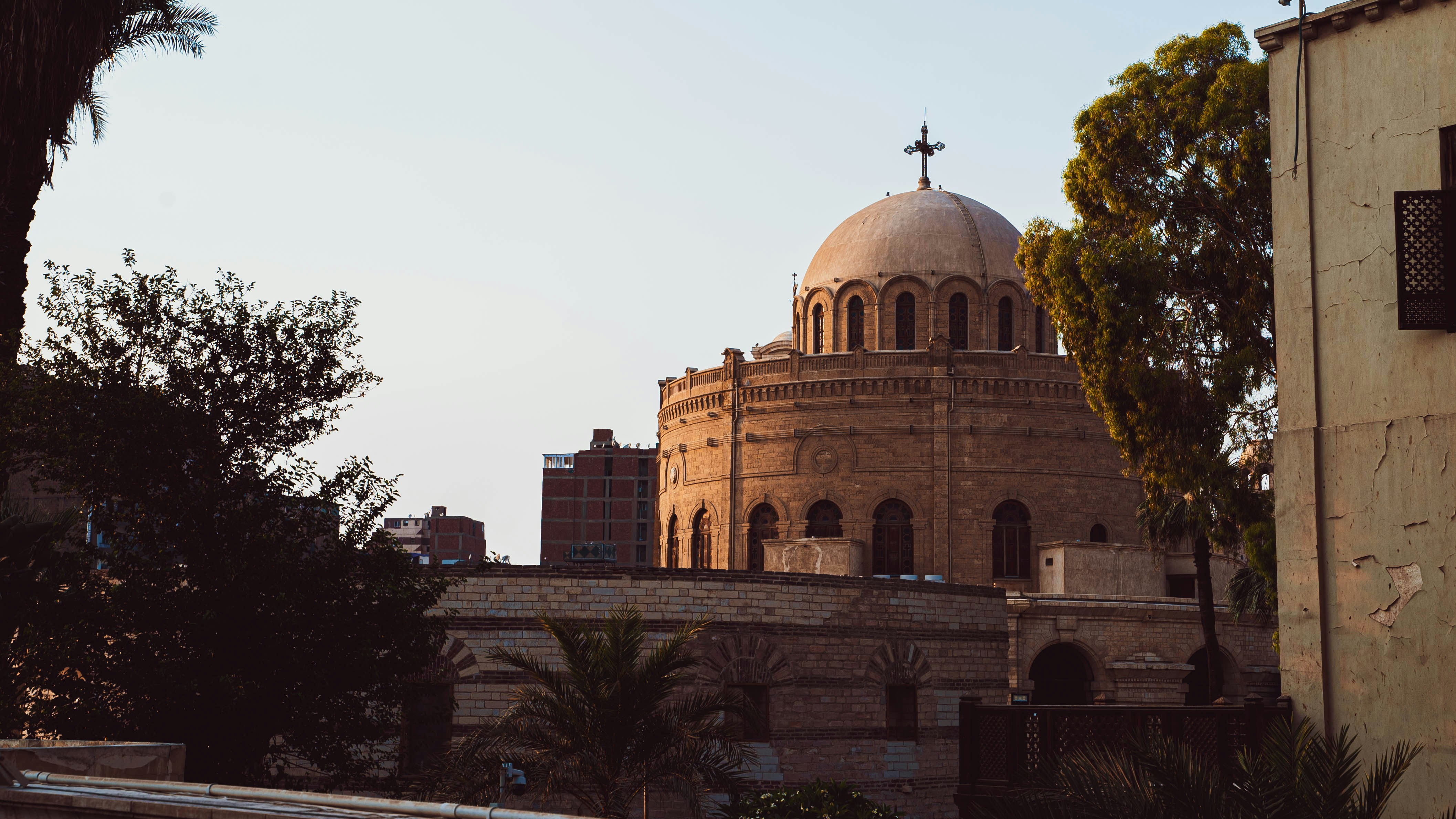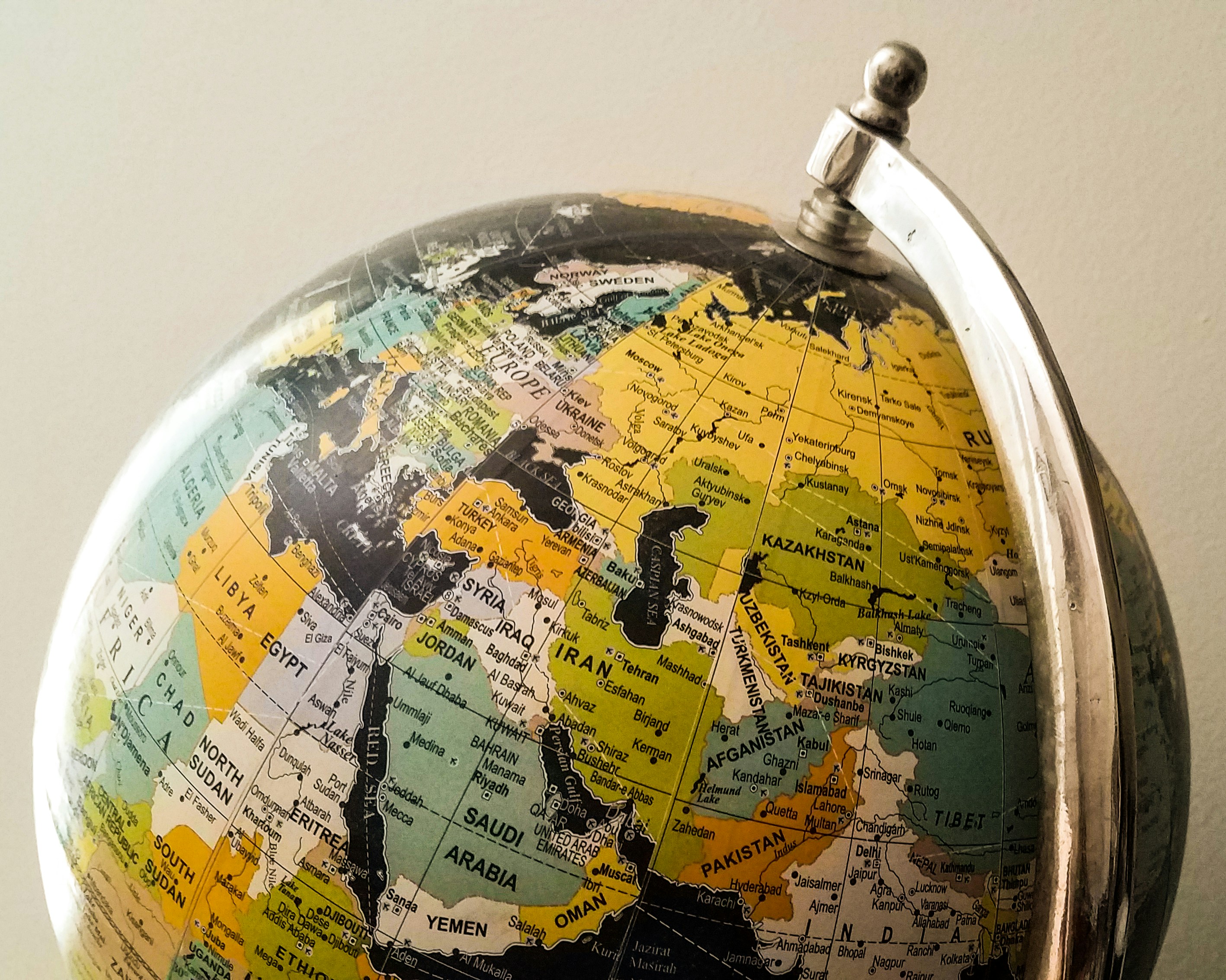
By David K. Trimble
According to Open Doors’ World Watch List 2025, 1 in 7 Christians in our world today face persecution through acts of violence, intimidation, deprivation, and discrimination. In 2024 alone, nearly 4,500 Christians were killed for their faith and more than 4,700 were detained or imprisoned. From Nigeria to Yemen to North Korea, and many countries in between, more than 380 million Christians are subject to high levels of persecution each year. These conditions amount to a global crisis.
Some in Congress are paying attention. Last month, Senator Josh Hawley (MO) introduced S.Res.327, and Rep. Riley M. Moore (WV-2) introduced its House companion H.Res.594, “Condemning the persecution of Christians in Muslim-majority countries and encouraging the President to prioritize the protection of persecuted Christians in United States foreign policy.” These resolutions cite numerous forms of Christian persecution in Nigeria, Burkina Faso, Chad, Niger, Mali, Algeria, Libya, Egypt, Sudan, Somalia, Yemen, Gaza, Turkey, Syria, Iran, Iraq, Saudi Arabia, Azerbaijan, Turkmenistan, Afghanistan, Tajikistan, Pakistan, and Indonesia. They conclude by encouraging “the President to use all diplomatic tools available, including trade and national security discussions and negotiations, to advance the protection of persecuted Christians worldwide and within Muslim-majority countries.”
A few months earlier, Rep. Christopher Smith (NJ-4) introduced H.Res.220 expressing the “need to designate Nigeria a Country of Particular Concern for engaging in and tolerating systematic, ongoing, and egregious violations of religious freedom, and for other purposes.”
We commend the voices on Capitol Hill urging the administration to combat violent persecution in regions where Christians are most vulnerable. But there are not nearly enough of them.
Given our intensely polarized age, I want to emphasize that the global scourge of Christian persecution must not get mired in partisan politics. The problem is simply too big and too dire. Republicans and Democrats must rise above their differences to address this crisis together. It must also be said that recognizing and responding to the widespread suffering of Christians at the hands of oppressive governments and violent non-state actors in no way denies the unjust violence and repression perpetrated against Jews, Muslims, and other religious communities and the imperative to act in their defense.
RFI will continue to raise the profile of Christian persecution among U.S. foreign policy leaders and to take direct action with key partners. In June, for example, RFI joined Pepperdine, the IRF Summit, and Global Peace Foundation to convene the IRF Summit Africa in Nairobi, Kenya. As part of that gathering, we committed to work closely with African partners to address threats against local faith communities. While in Nairobi, we also welcomed chief justices from across the continent who are committed to safeguarding religious freedom and strengthening the rule of law in their nations. Through engaging with these judicial leaders, we are building on more than two decades of Pepperdine’s partnership with more than 20 judiciaries across the continent to invest in judicial reforms, rule of law, and access to justice through the effective and efficient administration of justice.. And we will be expanding this collaboration with judges and other leaders whose responsibilities sit at the intersection of religious freedom and rule of law.
In an article I wrote last fall, I began by highlighting a Nigerian case of mass murder and kidnapping that had just occurred in the Middle Belt state of Benue as a window into the religion-related violence and disorder engulfing the country. Tragically, such cases are all-too-common in Nigeria, as Fulani herdsmen and prominent terrorist groups, Boko Haram and Islamic State West Africa Province, continue to torment Christian communities in their villages, churches, and beyond. We remain steadfast in calling on the Trump administration to do what it admirably did in 2021 and designate Nigeria as a Country of Particular Concern. And we urge the administration to take decisive diplomatic action elsewhere to confront the persecution of Christians.
I’ll add that the Senate still has a pressing, unfinished agenda item of confirming Congressman Mark Walker, the Trump administration’s nominee to serve as Ambassador-at-Large for International Religious Freedom (IRF). The 2016 amendments to the International Religious Freedom Act (1998) clarified the statutory authority of the IRF Ambassador “to coordinate international religious freedom policies” throughout the U.S. government. Congressman Walker is ready to step into this vital role and serve as the point person in U.S. foreign policy concerning Christian persecution and other global affronts to religious freedom. The Senate should act immediately to confirm his nomination following the August recess.
In the meantime, RFI will continue to move arm-in-arm with partners like Pepperdine to make gains on the ground in defense of Christians and other persecuted faith communities in Africa. Of course, no progress would be possible if not for courageous Africans who risk far more than most of us can imagine to uphold human dignity and religious liberty in their own societies. May their profound witness move all of us to decisive action.
David K. Trimble is President of the Religious Freedom Institute.
THE RFI BLOG

RFI Submits Report on Landscape of Religious Freedom in America to Religious Liberty Commission

It’s Time to Restore American Leadership on International Religious Freedom

It Is Time for Decisive Action to Combat Global Persecution of Christians

Religious Freedom is at a Crossroads in U.S. Foreign Policy

U.S. Must Address Nigeria’s Christian Persecution
CORNERSTONE FORUM

Reaffirming Religious Freedom: Bridging U.S. Advocacy and Iraq’s Constitutional Framework

Political Polarization, Same-Sex Marriage and Religious Liberty

Bridging the Gap Between International Efforts and Local Realities: Advancing Religious Freedom in the MENA Region

Challenges to Religious Freedom in Iraq and the Critical Need for Action

